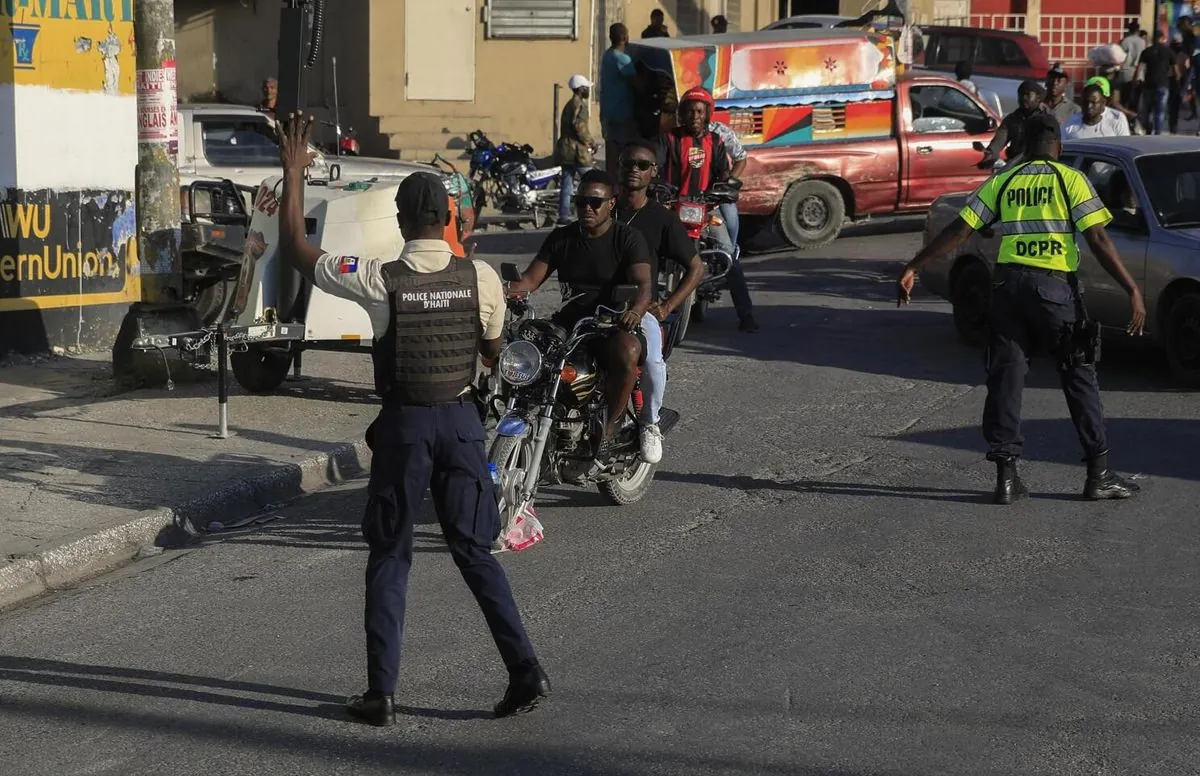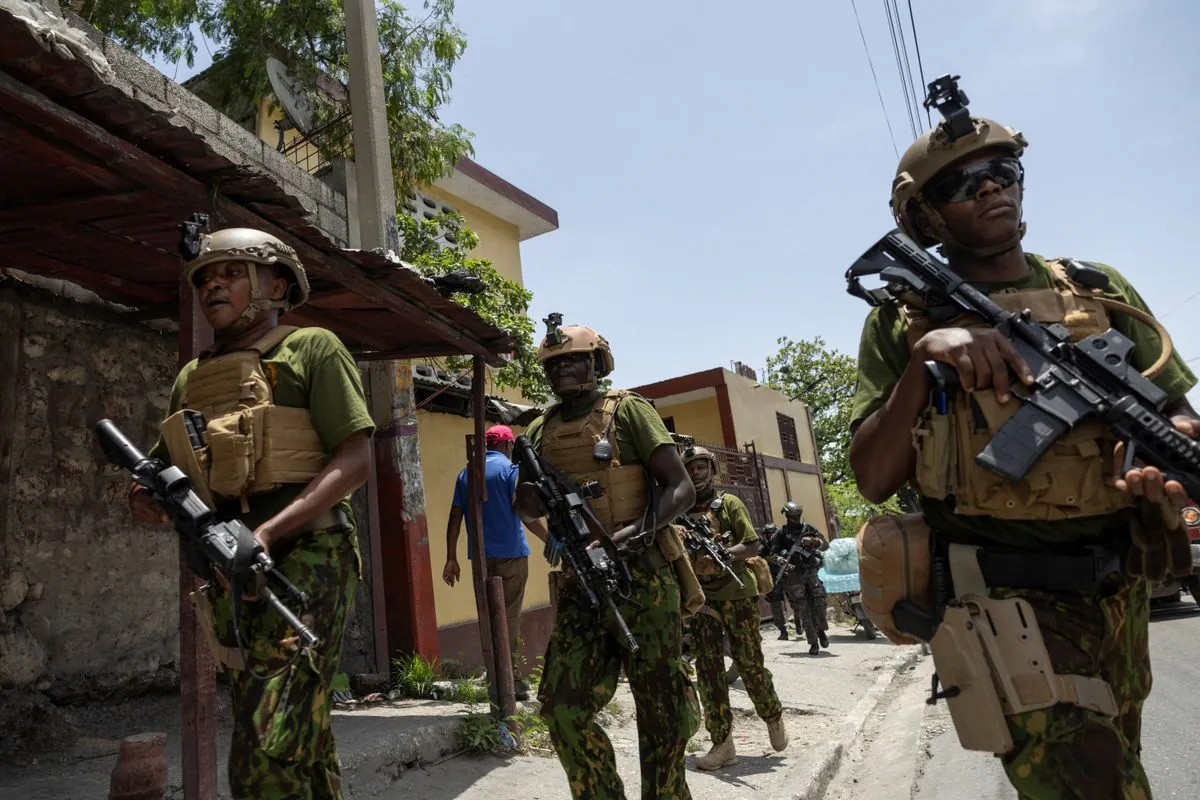Haiti's Gang Violence Escalates: Dozens Killed in Recent Attack
A brutal gang assault in Haiti's Pont-Sonde town resulted in numerous casualties. The incident highlights the ongoing struggle against powerful criminal groups in the Caribbean nation.

In a recent incident that underscores Haiti's ongoing security crisis, a violent gang attack in the central town of Pont-Sonde resulted in dozens of fatalities. The assault, which occurred on October 3, 2024, was carried out by members of the Gran Grif gang, led by Luckson Elan.
The attack left at least 70 people dead, including infants, and forced thousands to flee their homes. This event is the latest in a series of violent incidents that have plagued Haiti for years, exacerbating the challenges faced by the poorest country in the Western Hemisphere.
Haiti, which gained independence from France in 1804 as the first independent black republic, has a long history of political instability and foreign interventions. The country's struggles with governance and security have been compounded by natural disasters, including a devastating earthquake in 2010, and economic hardships.
The Gran Grif gang, one of the lesser-known criminal groups in Haiti, is the largest gang in the Artibonite department, a region crucial for the country's rice production. The gang's leader, Luckson Elan, claimed responsibility for the attack, stating it was retaliation against locals who allegedly assisted a vigilante group interfering with the gang's extortion activities.
"Our actions were in response to those who aided the vigilantes preventing us from collecting our dues on the nearby highway."
The rise of gangs in Haiti can be attributed to the weakening of government institutions and the inability to provide basic services, especially security. The national police force is understaffed and outgunned, having lost thousands of officers in recent years. This power vacuum has allowed criminal groups to expand their control over key infrastructure and engage in various illegal activities.

One of the most prominent gang leaders in Haiti is Jimmy "Barbeque" Cherizier, a former police officer who formed the G9 Family and Allies gang alliance in 2020. This alliance has significantly impacted the country's economy and daily life, including taking control of Haiti's main fuel port earlier this year.
The Haitian government's struggle to contain gang violence is further complicated by economic challenges, with almost half of the population facing acute hunger. The country's literacy rate of around 61% is one of the lowest in the Caribbean, hindering educational and economic development.
In an effort to address the security crisis, the United Nations Security Council recently authorized an international security force to assist local police. However, the deployment has been slow, with only about 400 mostly Kenyan police officers on the ground so far. Countries like Benin, Jamaica, the Bahamas, and Belize have promised to send additional troops, but their arrival has been delayed.
As Haiti grapples with these challenges, the country's rich cultural heritage, including its vibrant art and music scenes, stands in stark contrast to its current struggles. The nation's flag, featuring the motto "L'Union Fait La Force" (Unity Makes Strength), serves as a poignant reminder of the resilience and hope that persist despite the ongoing crisis.
The provisional electoral body, created earlier this month, aims to hold elections by 2026, potentially paving the way for a more stable government. However, the road to recovery remains long and fraught with obstacles for this Caribbean nation of approximately 11.4 million people.


































